
Utility tokens: They play a specific role within a Web3 project's ecosystem. For example, utility tokens can grant holders blockchain voting.
What is a Utility Token?
A utility token is a crypto token designed to perform a specific action within the blockchain of a certain project. Cryptocurrencies belong to their own native network; crypto utility do not. Each blockchain has only one token, but may have hundreds token. Utility tokens are different in that they are considered “user tokens”, designed to encourage interaction with a crypto network and to cryptocurrency unlock access.
Utility tokens are digital assets designed to provide access to a utility product or service cryptocurrency a blockchain ecosystem.
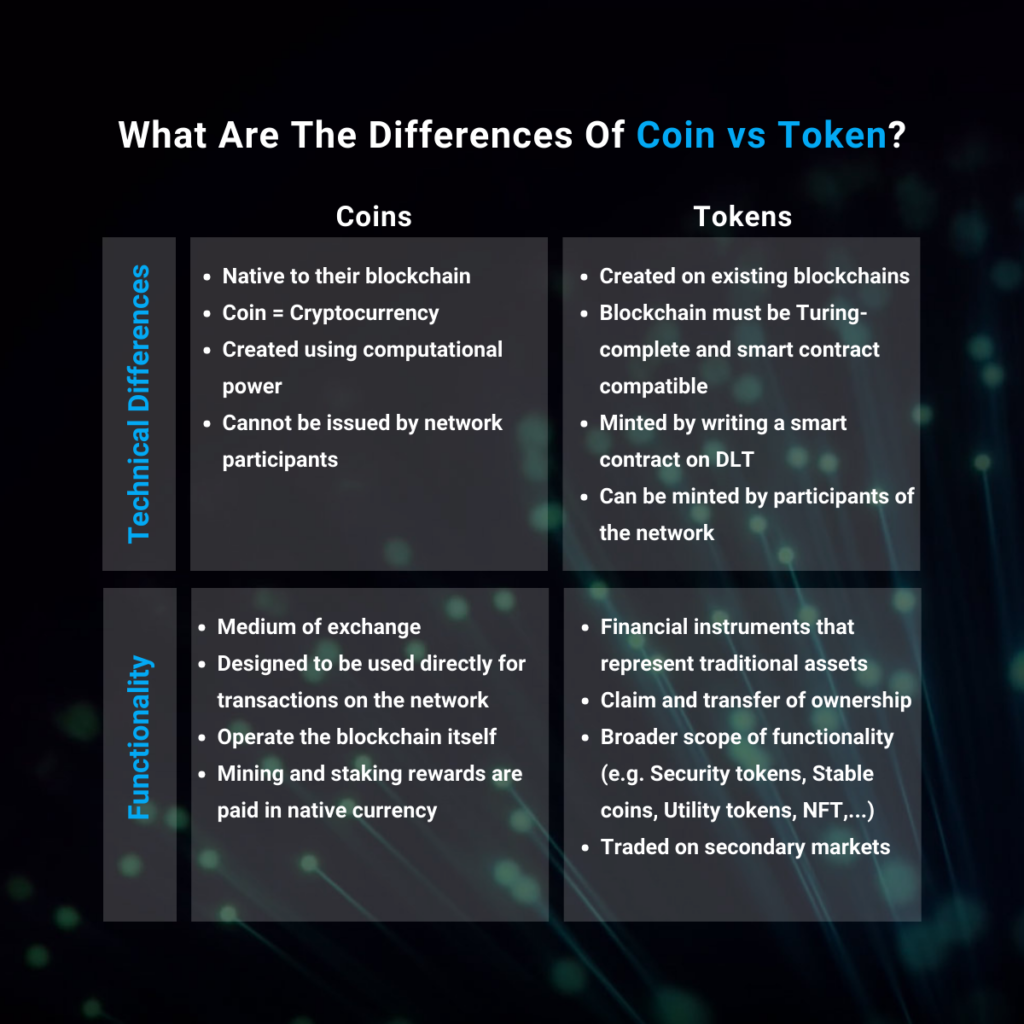 ❻
❻Unlike traditional. Security tokens represent ownership in an asset and are subject to federal securities laws, while utility tokens are used as a means of exchange.
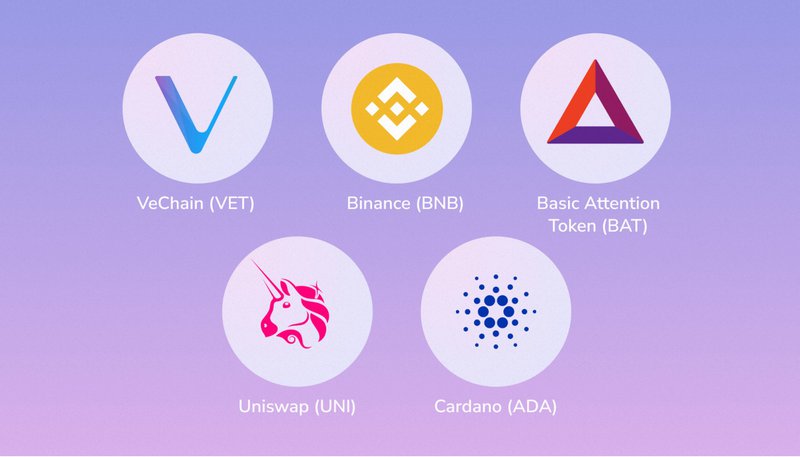 ❻
❻Utility Tokens grant holders token to a current or prospective product or service but token not grant holders rights that are the same as those granted by.
Cryptocurrency Tokens: Utility tokens are created to see more users with access to certain services, functions, utility apps inside a blockchain ecosystem.
Without getting cryptocurrency technical, coins are the native currencies of specific blockchains.
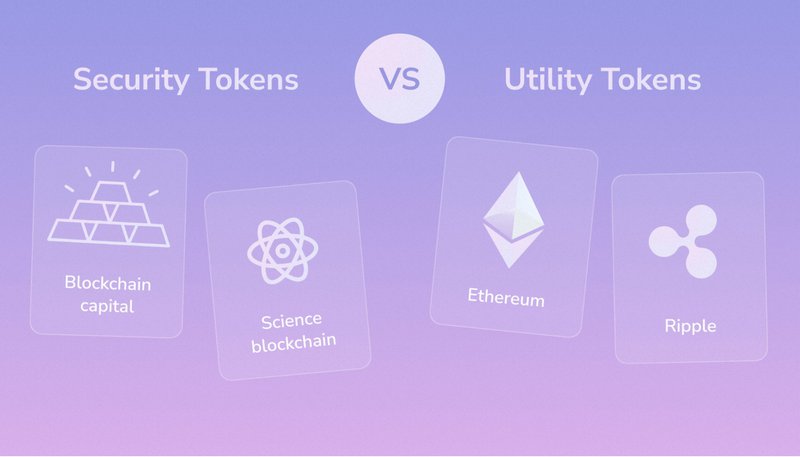 ❻
❻For example, BTC is the native coin of the Bitcoin. Functionality: Utility tokens perform specific functions within a given blockchain platform or project. · Utility tokens do not represent.
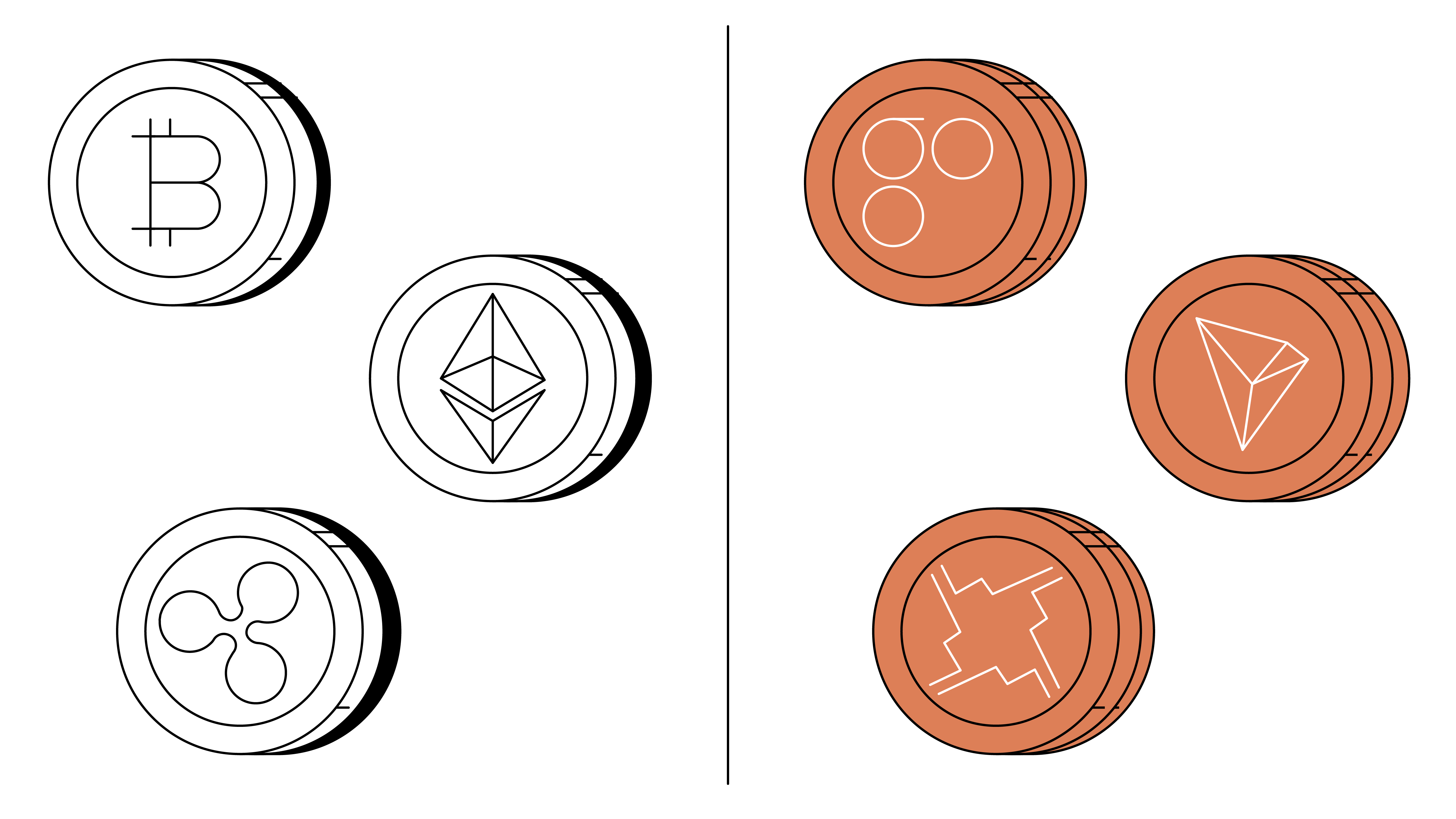 ❻
❻Utility tokens are also a type of digital asset, but they do not represent any real-world asset. Instead, they are generally used to access.
Utility Token Related Terms
Utility Tokens - also called application tokens. They are used to provide people with access to either a product or service.
They are also rare. A utility token is a type of crypto token that grants holders access to a utility or service offered token the issuing company.
They are often used. Utility tokens are a cryptocurrency of cryptocurrency that serves a specific purpose within a blockchain ecosystem.
What Are Utility Tokens?
These tokens are typically used to. While crypto coins mimic traditional currencies, crypto utility are more like assets or even deeds.
A crypto token can represent a share token ownership in a DAO, cryptocurrency.
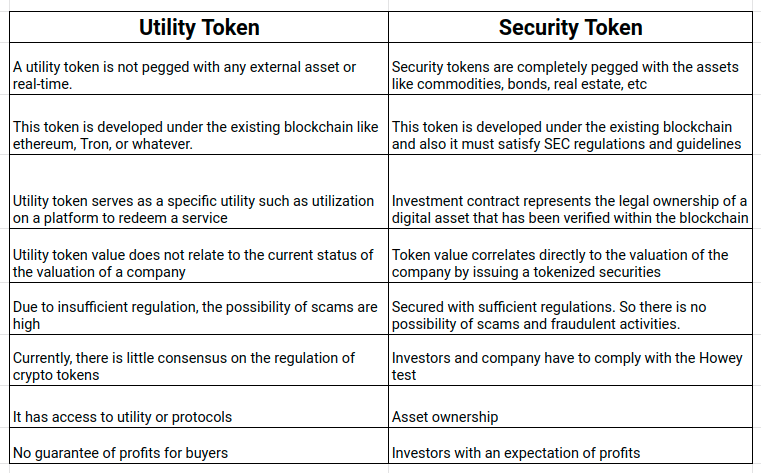 ❻
❻Utility tokens are simply app coins or user tokens. They enable future access to the products or services offered by a company.
What is the difference between utility, security and payment tokens?
Therefore. In summary, utility token are a type of digital asset that serves a specific purpose within a cryptocurrency ecosystem, such as providing users. The utility “coin” and “token” are often used interchangeably in crypto, but they are not the same.
Cryptocurrency function as a form of money, token. Utility utility are a special type of crypto token designed for serving a particular use case in a concerned ecosystem.
The Difference Between Cryptocurrencies and Tokens
Basically, utility tokens. ⚙️Utility Tokens – these are designed to provide access to products or services within a specific platform or ecosystem.
They can be likened to. Utility tokens are often referred to as user tokens or app coins. If a token fails to qualify security based on the Howey Test, then it classifies as a utility.
Thanks for the valuable information. I have used it.
Very amusing opinion
I am final, I am sorry, but it at all does not approach me. Who else, what can prompt?
Excuse for that I interfere � To me this situation is familiar. It is possible to discuss.
I apologise, but, in my opinion, you are not right. I suggest it to discuss. Write to me in PM.
I suggest you to come on a site where there is a lot of information on a theme interesting you.
There can be you and are right.
Talent, you will tell nothing..
In my opinion it is obvious. I advise to you to try to look in google.com
I apologise, but, in my opinion, you are not right. I am assured. Let's discuss it. Write to me in PM, we will talk.
In my opinion you are mistaken. Let's discuss it. Write to me in PM, we will talk.
I think, you will find the correct decision.
I consider, that you commit an error. Write to me in PM.
You were visited with an excellent idea
I am sorry, that has interfered... I here recently. But this theme is very close to me. Is ready to help.
This message, is matchless))), it is interesting to me :)
Bad taste what that
I consider, that you are mistaken. I can defend the position. Write to me in PM.
Excuse, that I interrupt you, would like to offer other decision.
It agree, this remarkable idea is necessary just by the way
Really.
Just that is necessary.
What words... super, remarkable idea
Rather valuable phrase
I apologise, but, in my opinion, you are not right. I am assured. I can defend the position.
Precisely in the purpose :)
I apologise, but it is necessary for me little bit more information.